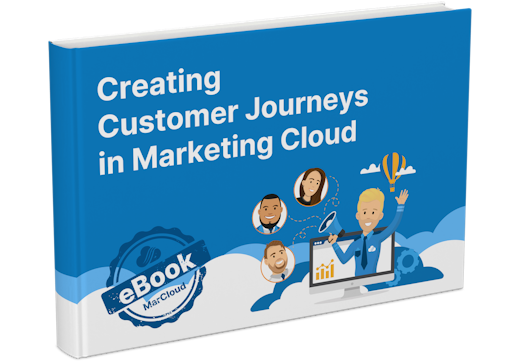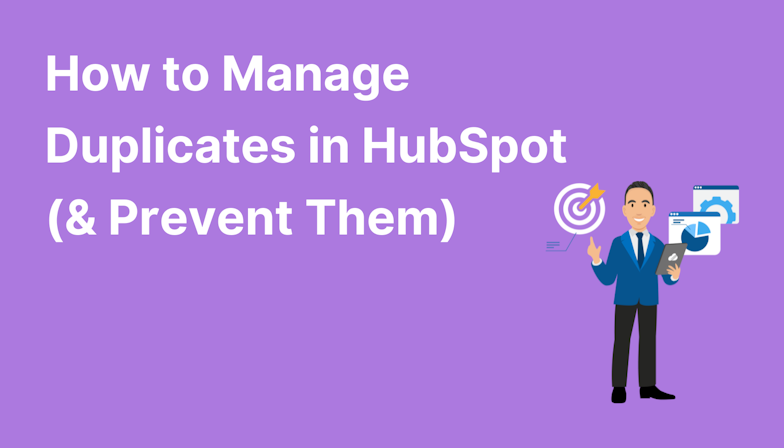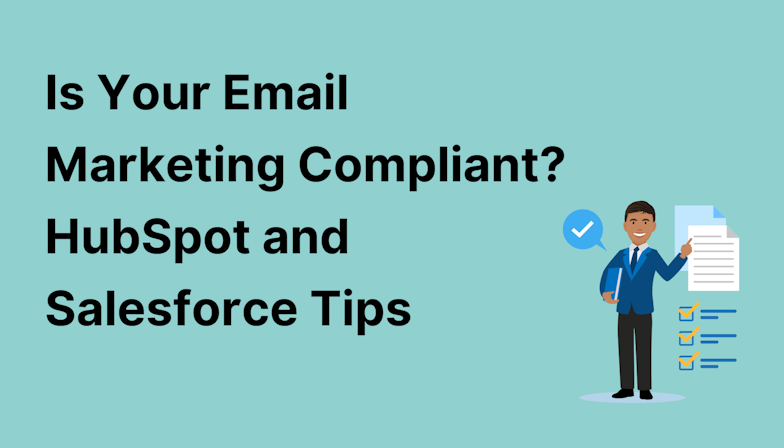Just like the chicken and the egg scenario, there are two ways to approach digital marketing activity. You either begin with your martech solution and plan your strategy around the features and capabilities of your chosen tool, or start by documenting your dream marketing strategy and use your martech solution to support this to the best of your ability. Both of these processes are logical, but there’s one I recommend over the other.
What I mean by ‘martech solution’
When I say ‘martech solution’ I’m talking about any type of marketing technology but especially marketing automation tools such as Pardot (now called Account Engagement) and Salesforce Marketing Cloud.
Both of these platforms enable marketers to solve marketing challenges by automating otherwise inefficient and time-consuming manual tasks, including:
- storing and maintaining a healthy database of prospects and marketing-qualified leads.
- segmenting prospects into lists based on their data points i.e. job title, location, etc.
- sending email or SMS messages based on prospect demographics and behaviour.
- advertising to known prospects across social media and other digital channels.
- managing digital marketing assets i.e. landing pages and forms.
- lead scoring and surfacing qualified leads ready for sales contact.
- bridging the gap between marketing and sales teams with lead assignment.
Customer relationship management (CRM) software can also fall under the martech solution umbrella. Platforms like Sales Cloud integrate so tightly with Salesforce automation products that it’s possible for sales teams to make use of marketing assets directly from the CRM.
With all of the things you can do with these exciting marketing technologies, it’s no surprise that many marketers make tactical decisions based on the features available to them, rather than being led by strategy, first and foremost.
But just because you can do something, doesn’t mean you should.
For example, just because Marketing Cloud has MobilePush for creating and sending app notifications, doesn’t mean you should be using this feature if your audience isn’t using apps regularly.
The benefits of being strategy-led
Of course, you could argue that planning a ‘blue sky’ marketing strategy without having the martech to implement it is either a waste of time or wishful thinking, especially if budgets are tight and getting a business case for new add-ons or tools is improbable.
As far as I see it though, starting with the big picture of your ideal marketing state is a must.
When marketers limit themselves to working with only the martech features they currently have, it’s like deciding to host a dinner party but cook one dinner with whatever ingredients they have left in the kitchen. Sure, the dinner might turn out okay and please some of the people at the table, but had they researched their guests’ taste preferences and dietary requirements, they could have gone to the shops and prepared a banquet that delights every single person, and keeps them coming back for seconds.
Starting with strategy first will always be the most effective way to meet your audience’s needs.
Take a look at this stat:
79% of companies use marketing automation as part of their strategy (State of Marketing Trends Report 2022).
I’ve emphasised ‘as part of their strategy’ because automation tools exist to assist with rolling out marketing plans, not to be the marketing plan.
Yes, discovering what you can do with a marketing tool can inspire some of your strategic decisions but, ultimately, the strategy should be set based on:
- what you know about your audience and their customer journey;
- where they spend their time online.
- what keeps them up at night.
- their goals and ambitions.
- how they research your products or services.
- how they like to be communicated with.
- your broader business goals.
- the competitive landscape.
- your value proposition and brand messaging.
- your internal structure and processes i.e. between sales and marketing.
- the overarching marketing objectives you want to achieve in the long term.
It’s best to document all of the above, plan marketing activities that fully align with your findings, and then look at how martech solutions - either those you already have or those you’d need to procure - can enable you to get your strategy off the ground.
In fact, part of your marketing strategy may be digital transformation or systems alignment, as a goal of its own. Consider how you make the technology work for you, rather than how you’ll be led by the technology.
Let’s be honest, it’s unlikely your blue sky picture will be realised immediately. There will be practical challenges such as budget, resources, and time. The key though, is progress over perfection. The more you can work towards your ideal marketing state with small steps - a Marketing Cloud add-on here, an integration with Sales Cloud there - the better your marketing will become in the long run.
Needless to say, a major part of your strategy is the project plan and milestones. Once you know what you want to achieve as a future state, you can consider the martech solutions you have at hand, then map out how these will need to be implemented or configured in the coming months in order to deliver the parts of your strategy.
At this stage, it could be worthwhile speaking with an experienced partner who can ensure your goals are realised faster by taking care of setup, showing you best practices, resolving technical issues, and finding new ways to use marketing automation technology to deliver your strategy.
MarCloud is a registered Salesforce partner, so if you’re using any Salesforce automation products, including Pardot (Account Engagement), Marketing Cloud, or Sales Cloud, we can help. Feel free to reach out to talk strategy and support at any time.

Tom Ryan
Founder & CEO of MarCloud, Tom has been on both sides of the fence, client-side and agency, working with Salesforce platforms for the best part of a decade. He's a Salesforce Marketing Champion and certified consultant who loves to co-host webinars and pen original guides and articles. A regular contributor to online business and marketing publications, he's passionate about marketing automation and, along with the team, is rapidly making MarCloud the go-to place for Marketing Cloud and Salesforce expertise. He unapologetically uses the terms Pardot, Account Engagement and MCAE interchangeably.
More by Tom RyanFeatured resource

Creating Customer Journeys in Marketing Cloud
From mapping your typical customer journey to understanding which Marketing Cloud Engagement products are right for your business, this handbook is a fast guide to strategic automated marketing that connects with the customer at each stage of their purchase journey.
Download now

